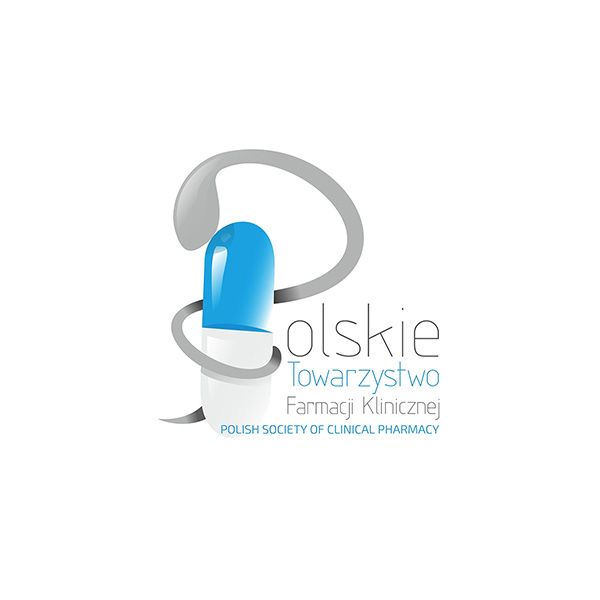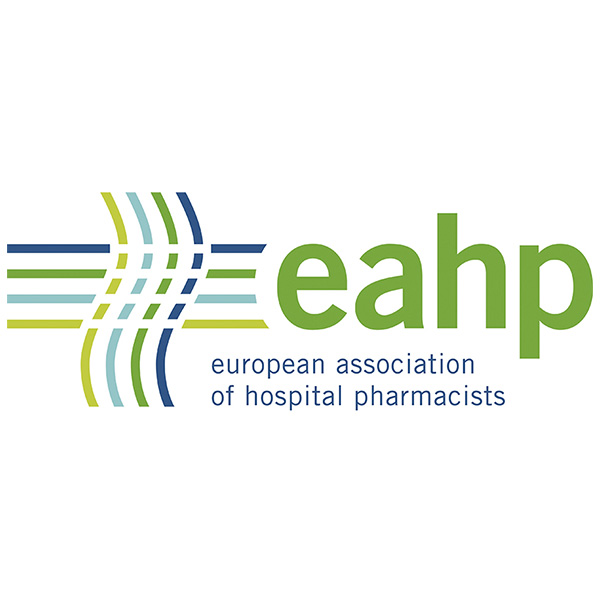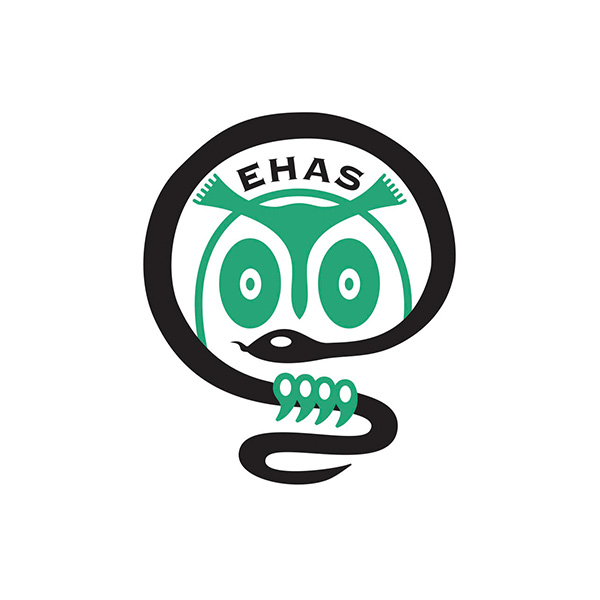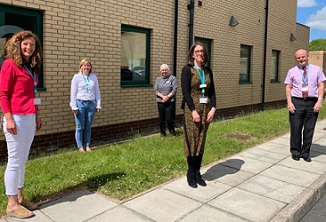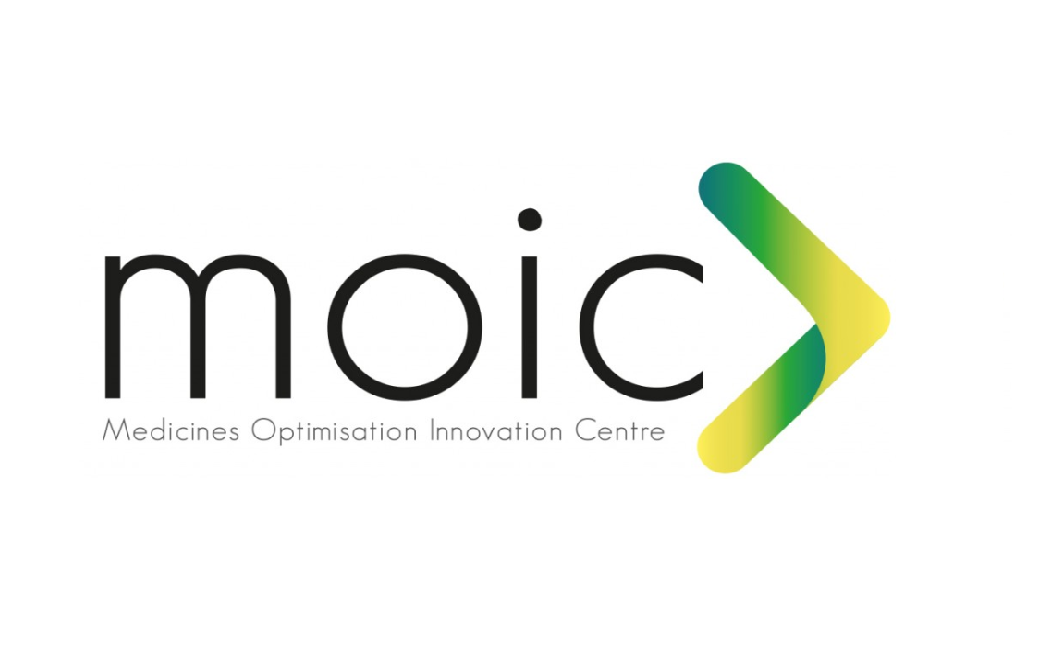
MOIC SIGN PIONEERING MEMORANDUM OF UNDERSTANDING WITH BUGANDO MEDICAL CENTRE, TANZANIA
November 7, 2022
Pioneering health organization, MOIC, an international leader in combining pharmaceutical and research and development skills with technology and business acumen to achieve smarter medicines and better outcomes for patients, has signed an innovative MOU (Memorandum of Understanding) with the Bugando Medical Centre, Tanzania.
MOIC Director, Prof Michael Scott, signed the MOU which represents the organsation’s first collaboration with Africa as it continues to make a global impact with cutting-edge health solutions.
Since its launch in 2015, Northern Ireland based MOIC, has been dedicated to driving innovation in medicines use to support the implementation of the Department of Health’s Medicines Optimisation Quality Framework.
Tanzania’s Bugando Medical Centre serves a population of 16 million people and attends around 300,000 patients each year. The Hospital provides a diverse range of clinical specialties which play a pivotal role in providing expert healthcare to the surrounding population.
Michael Scott said: “The Medicines Optimisation Innovation Centre (MOIC) is delighted to sign this Memorandum of Understanding with The Bugando Medical Centre, Tanzania. This represents MOIC’s first collaboration with Africa and demonstrates our commitment to build partnerships and collaborations globally.
“Working together across a range of initiatives, the organisations aim to improve health-related outcomes for our citizens and impact on the wider healthcare system. The partnership will focus on medicines optimisation, including antimicrobial resistance, and will explore funding opportunities, shared learning and training and development”
Dr. Bahati Wajanga, the Acting Director General signed the MOU on behalf of the Bugando Medical Centre.
He said: “The signing of this Memorandum of Understanding provides the hospital with an exciting opportunity to advance clinical services as well as build capacity to conduct research projects and innovations that will help improve the welfare of the community in the Lake Zone of Tanzania.”
The Medicines Optimisation Innovation Centre (MOIC) is a regional centre in Northern Ireland dedicated to driving innovation in medicines use. Established in 2015 to support the implementation of the Department of Health’s Medicines Optimisation Quality Framework, MOIC has a proven track record across four strategic themes:
- Focus on the needs of patients and the Northern Ireland population.
- Accelerate the adoption of innovation into practice to improve clinical outcomes and efficiency.
- Build a culture of partnership and collaboration.
- Make a meaningful contribution to the Northern Ireland Economy.
With a strong patient focus, MOIC works towards better patient outcomes by initiating, developing and sharing best practice in medicines use.
MOIC engages extensively and builds partnerships across Europe and globally, sharing knowledge on innovative solutions and best practice. With a network of partners in healthcare, academia, industry and patient groups, MOIC is well-placed to work collaboratively to address the global healthcare challenges of medicines safety and antimicrobial stewardship.
ENDS
For further information contact Paul Martin, PR and Communications Manager, Medicine Optimisation Centre on 07360146859
Twitter: @MOICNI

